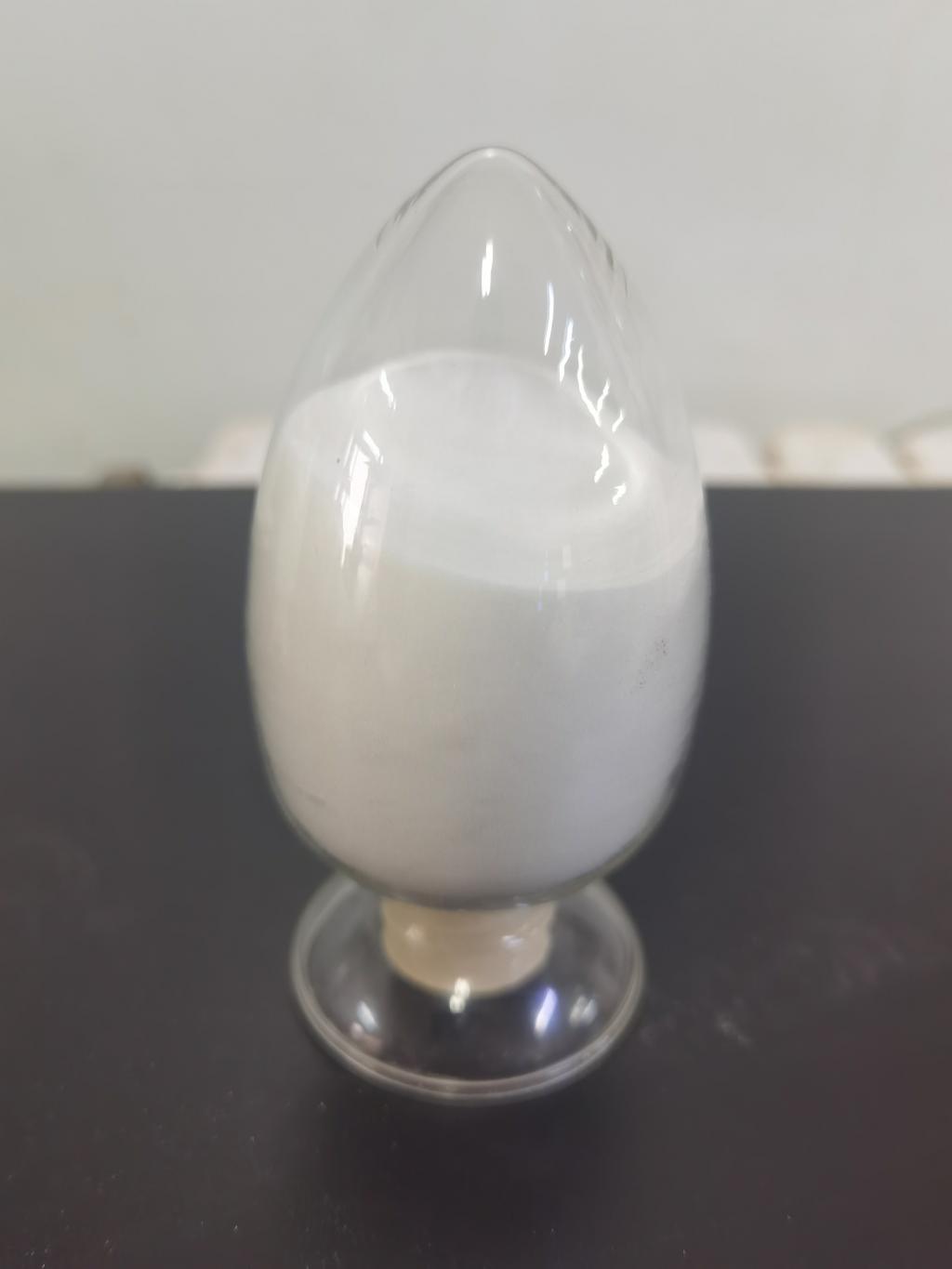Tel:+8618231198596

News
 CONTACT
CONTACT
 CONTACT
CONTACT
- Linkman:Linda Yao
- Tel: +8618231198596
- Email:linda.yao@dcpharma.cn
- Linkman:CHARLES.WANG
- Department:Overseas
- Tel: 0086 0311-85537378 0086 0311-85539701
News
Current Position:
Home >
News
>Is the ε-Polylysine hydrochloride effective against a wide range of microorganisms?
Is the ε-Polylysine hydrochloride effective against a wide range of microorganisms?
TIME:2023-05-31
Mechanisms of Action:
ε-Polylysine hydrochloride exerts its antimicrobial activity through several mechanisms:
Disruption of Cell Membranes:
ε-Polylysine hydrochloride interacts with microbial cell membranes, leading to membrane disruption and permeabilization. This disruption results in the leakage of cellular contents and ultimately leads to cell death.
Inhibition of Enzymes:
ε-Polylysine hydrochloride can inhibit the activity of enzymes essential for microbial growth and metabolism. This inhibition disrupts critical cellular processes, impairing microbial viability.
Disruption of Biofilm Formation:
Microorganisms often form biofilms, which are complex structures that protect them from antimicrobial agents. ε-Polylysine hydrochloride has been found to inhibit biofilm formation, making it effective against biofilm-associated bacteria and fungi.
Efficacy Against Bacteria:
ε-Polylysine hydrochloride demonstrates remarkable efficacy against a wide range of bacteria, including both Gram-positive and Gram-negative species. Studies have shown its effectiveness against foodborne pathogens, such as Salmonella, Escherichia coli, Listeria monocytogenes, and Staphylococcus aureus. It has also shown activity against medically important bacteria, including methicillin-resistant Staphylococcus aureus (MRSA) and multidrug-resistant strains. ε-Polylysine hydrochloride's ability to disrupt bacterial cell membranes and inhibit key enzymes contributes to its bactericidal activity.
Efficacy Against Fungi:
In addition to its efficacy against bacteria, ε-Polylysine hydrochloride also demonstrates inhibitory activity against various fungi. It has been effective against common food spoilage fungi, such as Aspergillus, Penicillium, and Candida species. Furthermore, ε-Polylysine hydrochloride has shown promise in controlling fungal pathogens, including those responsible for plant diseases. Its ability to disrupt fungal cell membranes and inhibit enzymatic processes contributes to its antifungal activity.
Applications and Considerations:
Food Preservation:
ε-Polylysine hydrochloride has been extensively used in the food industry as a natural preservative. Its broad-spectrum efficacy against bacteria and fungi makes it suitable for extending the shelf life of various food products, including meats, dairy products, fruits, and vegetables. Incorporating ε-polylysine hydrochloride into food formulations or applying it as a surface treatment can effectively inhibit microbial growth, reducing the risk of spoilage and improving food safety.
Pharmaceuticals and Cosmetics:
ε-Polylysine hydrochloride's antimicrobial activity makes it valuable in pharmaceuticals and cosmetics. It can be incorporated into topical formulations, oral care products, and personal care items to inhibit the growth of bacteria and fungi, preventing infections and microbial contamination.
Considerations:
When considering the use of ε-polylysine hydrochloride, several factors should be taken into account. These include regulatory approvals, potential interactions with other ingredients, and the need for proper formulation and dosage optimization to maximize efficacy. It is crucial to comply with local regulations and conduct appropriate testing to ensure the safety and effectiveness of ε-polylysine hydrochloride in specific applications.
Conclusion:
ε-Polylysine hydrochloride demonstrates broad-spectrum efficacy against a wide range of microorganisms, including bacteria and fungi. Its ability to disrupt cell membranes, inhibit enzymes, and prevent biofilm formation contributes to its antimicrobial activity. With applications in food preservation, pharmaceuticals, and cosmetics, ε-polylysine hydrochloride offers a natural and effective solution for inhibiting microbial growth and improving product quality and safety. Further research and development efforts are needed to explore its full potential and optimize its utilization in different industries.
- Tel:+8618231198596
- Whatsapp:18231198596
- Chat With Skype







